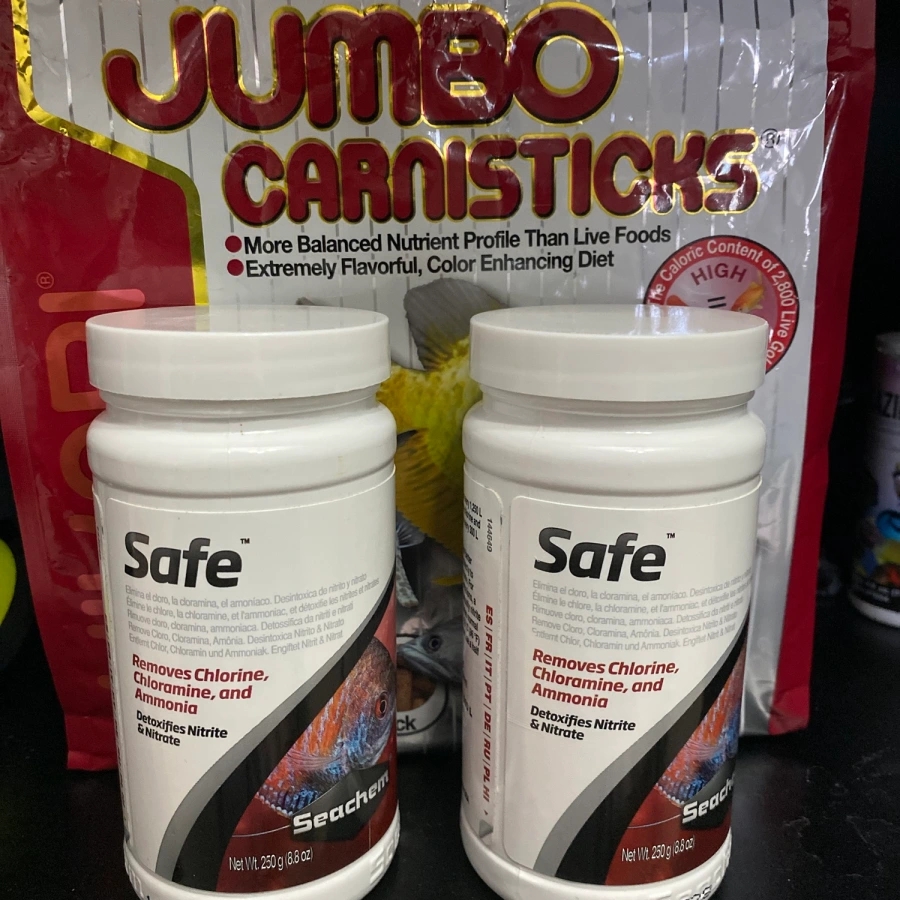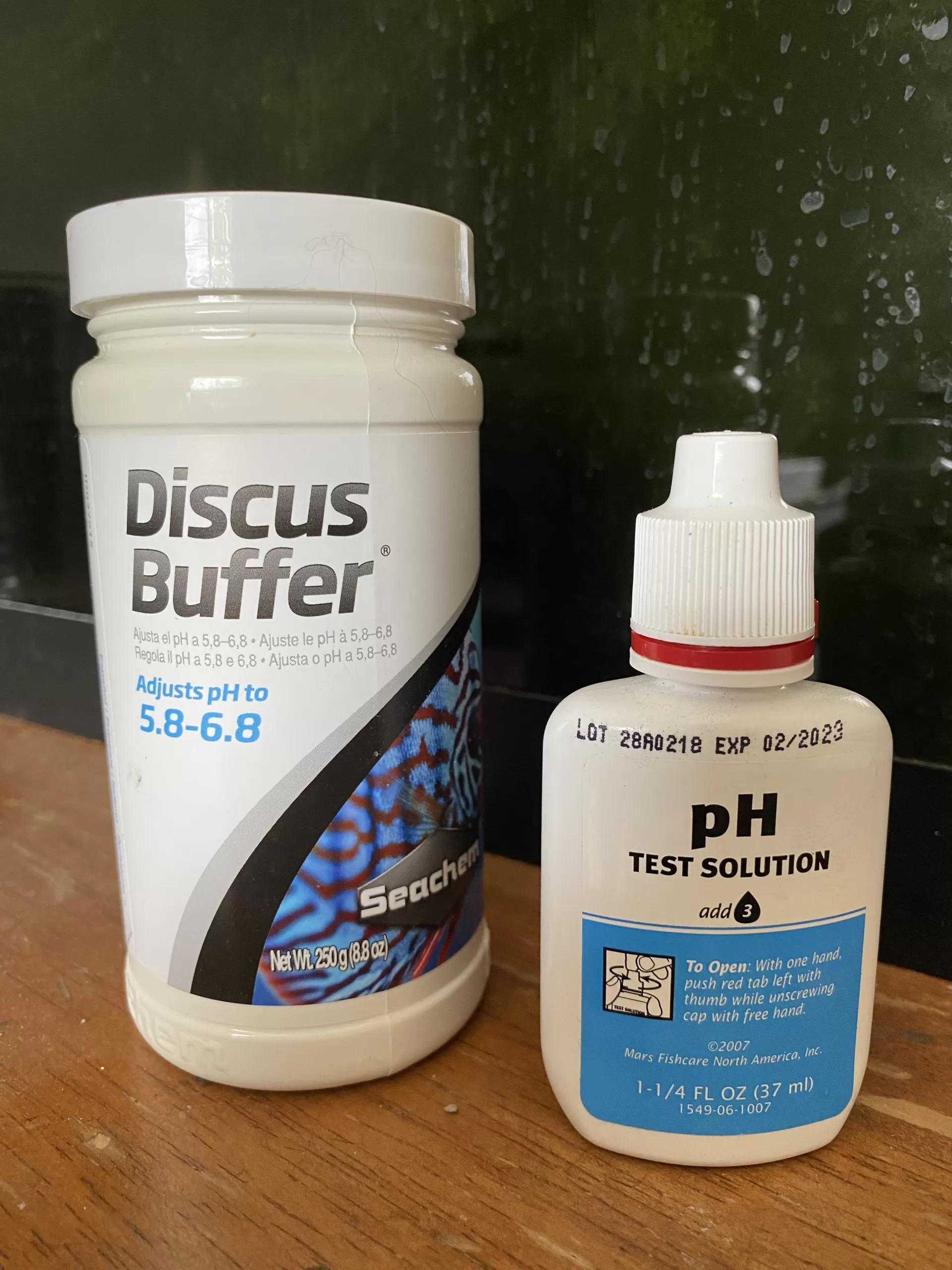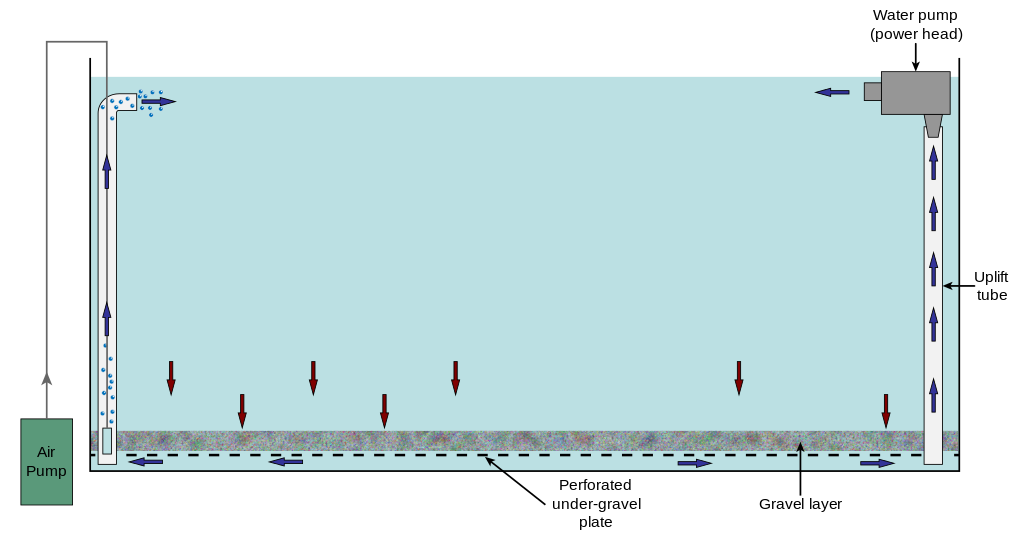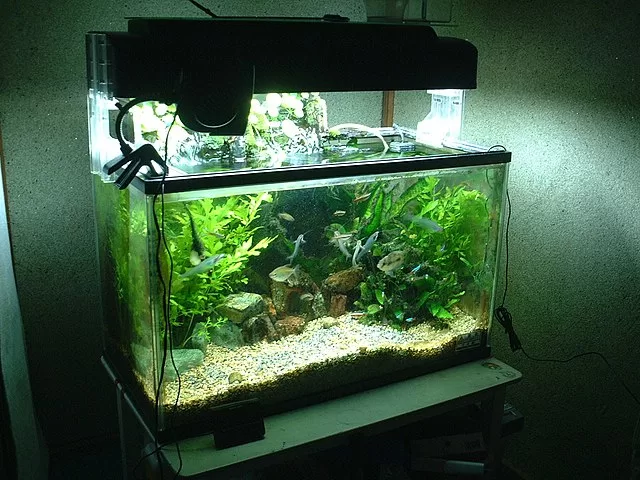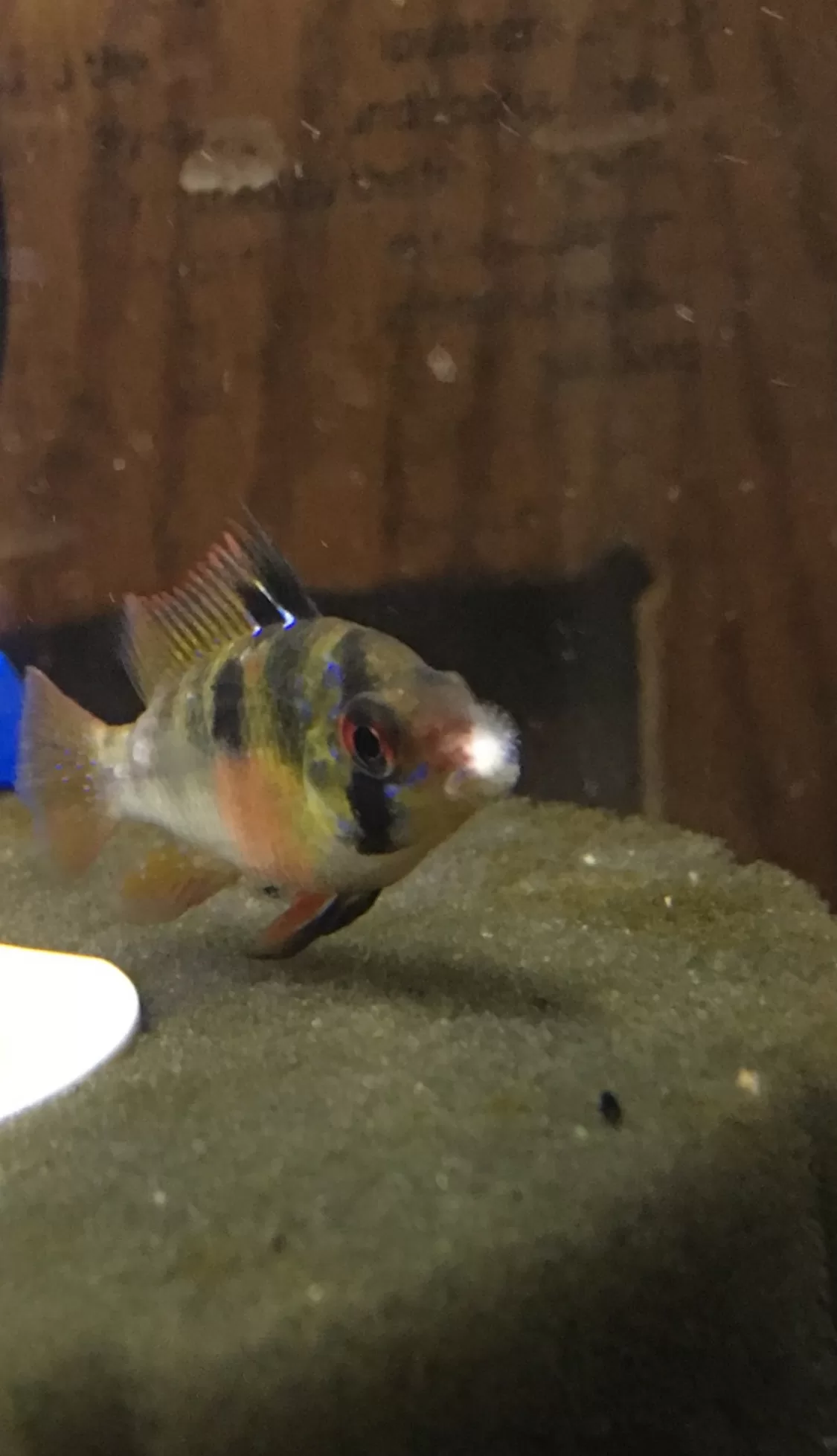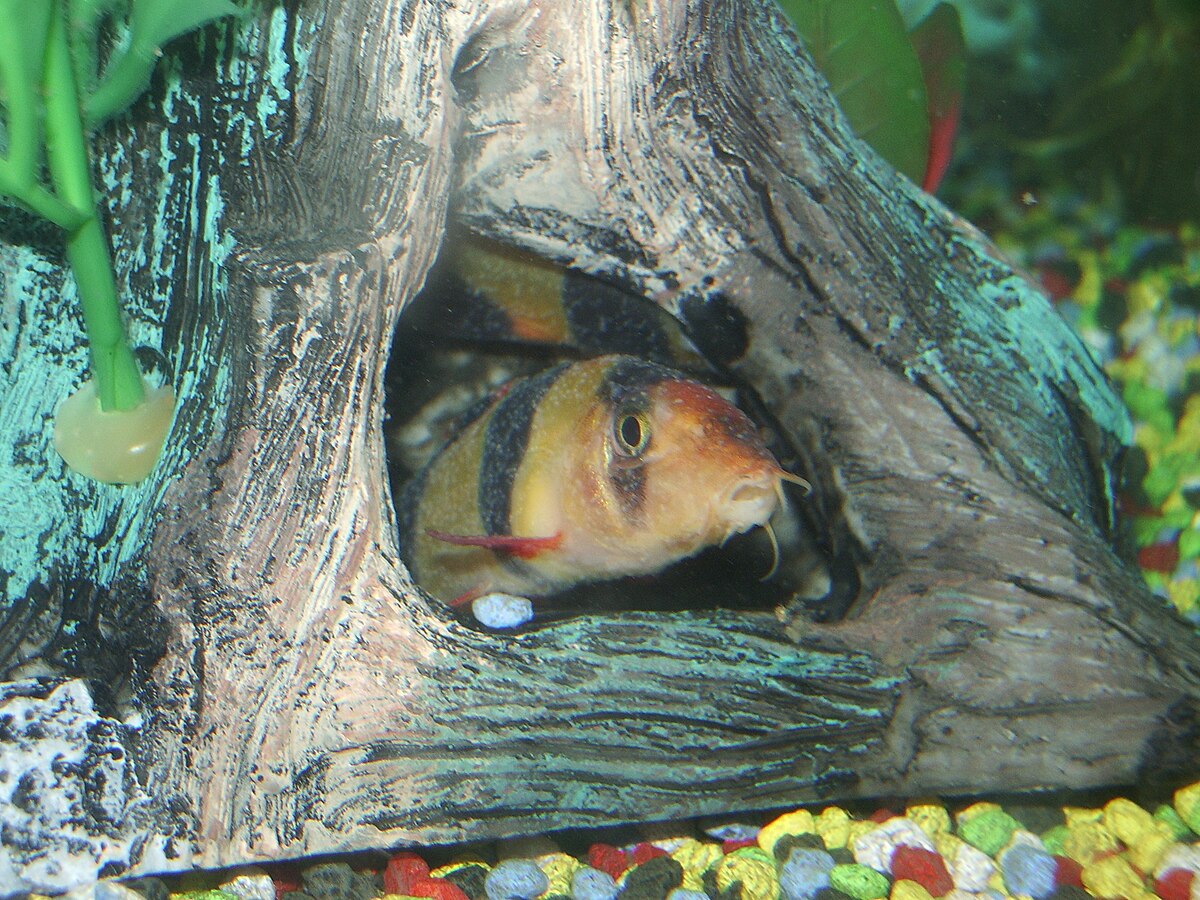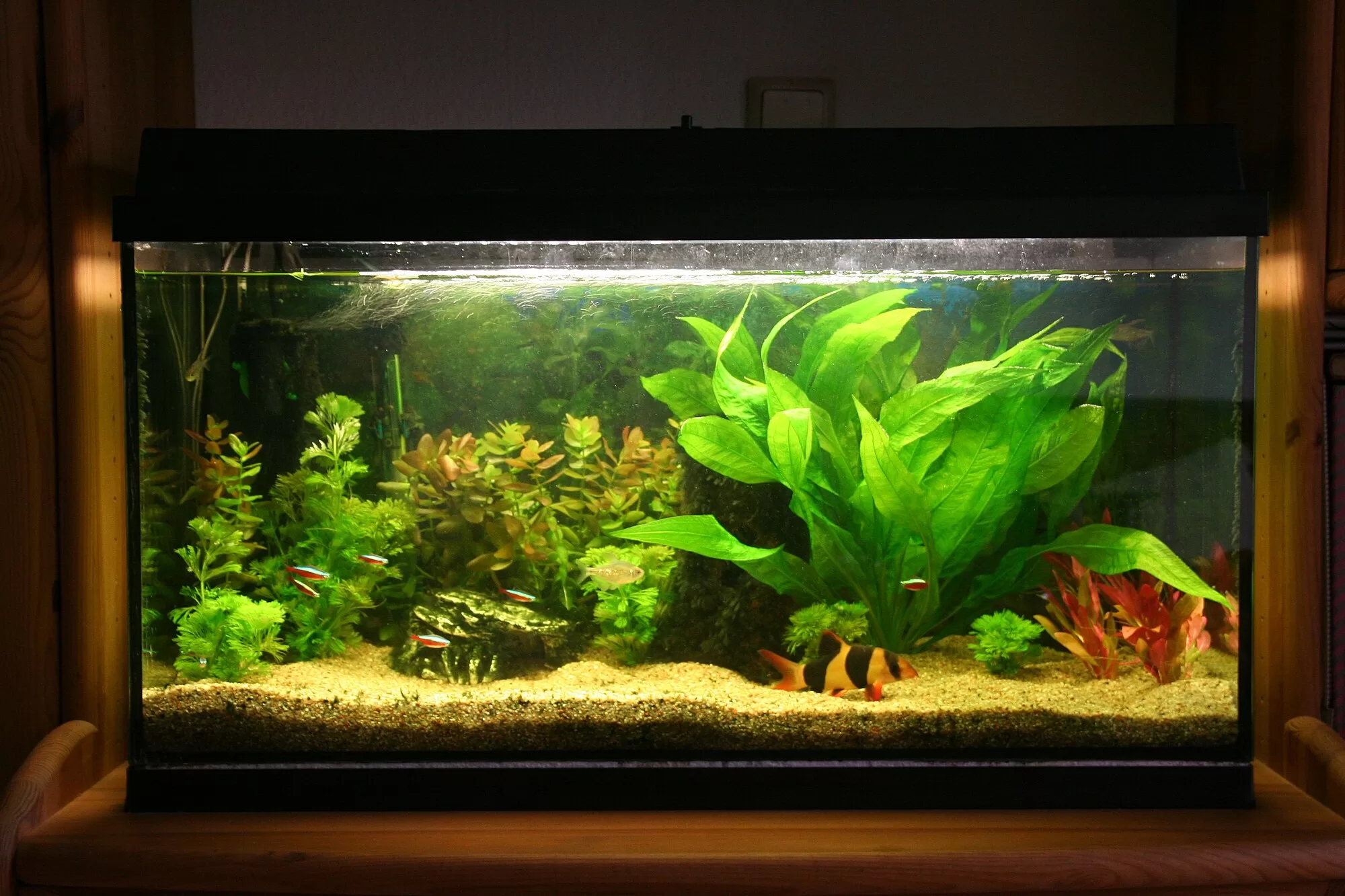Aquarium water conditioners are arguably the most basic and commonly recommended products, especially for new aquarists. But how necessary are water conditioners? In short, you only need to condition the water if your water source has chlorine or chloramine.
In this article, we will break down the use of these products, who needs them, and when to use them.
What Are Water Conditioners, and Are They Necessary?
You might hear people refer to them as “dechlorinators”, and that’s exactly what they do; remove or neutralize chlorine and chloramine. These chemicals are added to our tap water to prevent/kill harmful microbes like bacteria and viruses. While they are safe for us to drink, they are detrimental to your tank’s biological bacteria and can be harmful to fish directly.
What’s The Difference Between Chlorine and Chloramine?
Chlorine is a chemical used to disinfect water. It’s effective and acts quickly to kill bacteria and viruses, but it breaks down faster, especially when exposed to sunlight or heat. This quick breakdown can lead to a strong chlorine smell and can be harsh on the skin and eyes. Water conditioners simply break this down into harmless chloride ions.
Chloramine, on the other hand, is a combination of chlorine and ammonia. It’s used for the same purpose as chlorine but is more stable and lasts longer in the water. This stability means it doesn’t evaporate as quickly as chlorine, leading to fewer smells and it’s gentler on skin and eyes. However, it’s harder to remove from water than chlorine.
Due to its stability, it is commonly used in city water as a disinfectant rather than chlorine. Water conditioners work by breaking the chloramine into ammonia and chlorine, neutralizing the chlorine, and letting the tank’s biofilter remove the ammonia.
In summary, chlorine works fast but doesn’t last long and can be more irritating, while chloramine lasts longer, and is less irritating, but is tougher to filter out and doesn’t evaporate quickly.
When To Use Water Conditioner
There are certain times when you should use aquarium water conditioners, some people might not need them at all. Let’s look at the specifics of when you should use conditioners.
1. You Use City Water
Most, if not all tapwater that is sourced from the city that you live in, will contain chlorine or chloramine. The amount of these chemicals can change, depending on certain factors. In this situation, it’s always a good idea to use a water conditioner when adding water to your aquarium.
2. Water Changes
You should dose the tank according to the total volume of the tank before adding new water during a water change. For example, if the aquarium is 10 gallons and the bottle says to add one capful for 10 gallons of water, you would add a cap full even if you were just doing a 25% water change. It’s better to be safe than sorry.
3. Top Offs
This one is not quite as straightforward because technically, I don’t follow this rule when I’m just topping off the tank.
My city water has very low amounts of chlorine in it so topping off a tank would make it so diluted that it wouldn’t make a difference. However, unless you know the source of water well you should just be safe and add a little bit of conditioner when you do this.
Who Doesn’t Need It?
For the individuals who have well water out of their tap that does not have any added chemicals, you do not need a water conditioner.
Another way some people get around using conditioners is by letting the water “gas off” for 24-72 hours. This really only applies to people with chlorine in the water because it will evaporate fast. However, this method isn’t recommended if you have chloramine in your water. Basically, all this means is that you let the water sit out in the open in buckets.
At the same time, this is extremely old-school, and I would recommend everybody do away with using buckets to do water changes and instead use a Python water changer.
FAQ
Can I add water conditioner while the fish are in the tank?
Absolutely, and it should be very well understood that your fish should never be removed from the aquarium when you are doing a water change or cleaning it.
What happens if you add too much water conditioner to your tank?
Unless you dumped an entire bottle of conditioner into your tank, using more than recommended hardly is a cause for concern. If you do add way too much, simply do a large water change.
Wrapping Up On Water Conditioners
After reading this article, you should have a basic understanding of what water conditioners are, what they do, and when you need them. Take a look at your specific situation and decide whether you do or don’t need to use a water conditioner for your aquarium.

